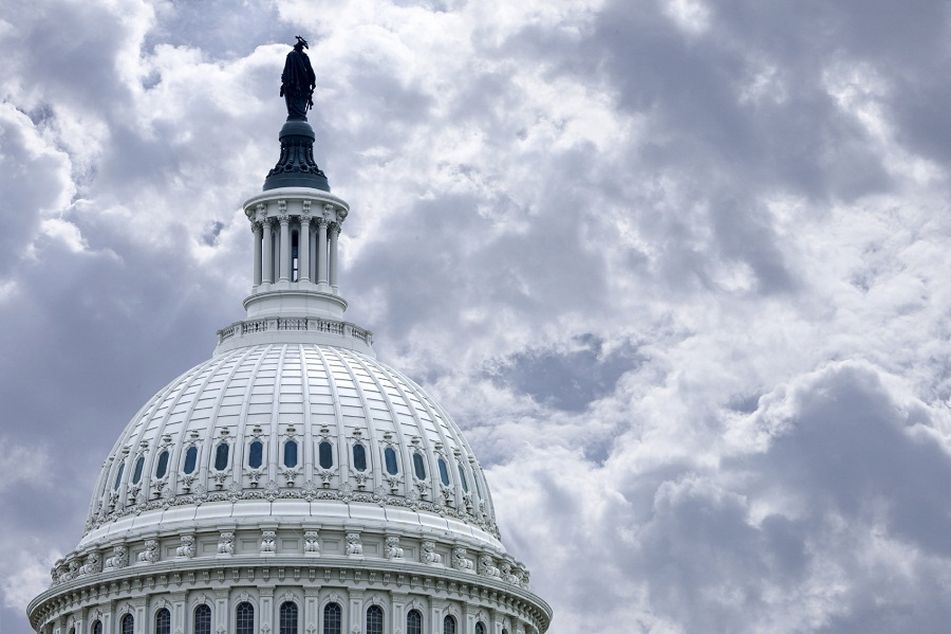Restoring tax break for advice fees faces challenge in pandemic relief negotiations

Trump demands a payroll tax cut; lawmakers may not open gates to smaller provisions
President Trump jump-started negotiations on the next pandemic relief bill Thursday by demanding that it include a payroll tax cut.
Lawmakers are likely to at least consider that request given who’s making it. Whether they will open the gates to smaller provisions, such as a tax break for financial advice fees, is uncertain.
Sen. Charles Grassley, R-Iowa and chairman of the Senate Finance Committee, indicated he’s keeping an open mind as Capitol Hill and the White House begin talks.
“Chairman Grassley looks forward to working with the administration and his fellow lawmakers on the next coronavirus bill,” Michael Zona, a Grassley spokesperson, wrote in an email. “A number of tax relief proposals will be part of the discussion.”
Several trade groups representing financial advisers hope that one of the ideas in the mix will be a tax deduction for professional investment advice.
“Along with our coalition partners, we’re continuing to press the case,” Neil Simon, vice president of government relations at the Investment Adviser Association, wrote in an email. “We remain hopeful but uncertain whether it will make it into the next stimulus package.”
The IAA has teamed up with the Financial Services Institute, the Financial Planning Association, the National Association of Personal Financial Advisors and the Certified Financial Planner Board of Standards Inc. to advocate for a provision that would restore and expand the tax break for advice fees that was eliminated by the 2017 tax reform law.
But Grassley and other lawmakers will be under pressure to settle on the next iteration of pandemic relief legislation before Congress goes on recess in August. That will put a premium on limiting the number of tax provisions to big ticket items, said Dean Zerbe, national managing director of alliantgroup, a tax services firm.
For instance, the payroll tax cut and proposals such as the monetization of business tax credits are likely to be put on the table. An advice-fee tax break may not.
“You want a bill that is as clean as possible with broad strokes,” said Zerbe, a former tax counsel for Senate Finance Republicans. “Once you get into little changes, it can become pretty unmanageable. You have a small window to work in.”
Jorge Castro, a member at law firm Miller & Chevalier, is confident that there will be a tax policy portion of the next pandemic relief bill and that it will focus on ideas that immediately generate cash for individuals and businesses.
“I think Congress is setting some pretty strict parameters for what tax provisions will be considered,” said Castro, a former congressional and Internal Revenue Service tax counsel.
A tax break for advice fees could have better luck later this year or early next year, when Congress considers how to revive specific sectors of the economy, Castro said.
“That’s more of a long-term approach,” he said. “Right now, it’s more of a short-term approach.”
The 2017 tax reform law eliminated the tax break provided for advice fees that exceed 2% of a taxpayer’s adjusted gross income. Financial adviser organizations are seeking to restore that incentive and expand it by eliminating the 2% AGI threshold and including the deductibility of financial planning fees.
Learn more about reprints and licensing for this article.








